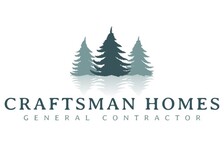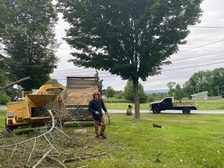
Get matched with top radon detection and reduction specialists in Hartford, VT
Enter your zip and get matched with up to 5 pros
Need a pro for your radon detection and reduction project in Hartford, VT?
Verified Reviews for Radon Detection And Reduction pros in Hartford, VT
*The Angi rating for Radon Detection And Reduction companies in Hartford, VT is a rating based on verified reviews from our community of homeowners who have used these pros to meet their Radon Detection And Reduction needs.
*The HomeAdvisor rating for Radon Detection And Reduction companies in Hartford, VT is a rating based on verified reviews from our community of homeowners who have used these pros to meet their Radon Detection And Reduction needs.
Last update on January 13, 2026
Find Radon detection and reduction specialists in Hartford

True North Home Inspections, LLC
True North Home Inspections, LLC
True North Home Inspections, LLC is the solution to all of your home inspection needs. We take great pride our extreme professionalism, timeliness, and superior customer service on every job. We makes sure to develop a lasting relationship, so that the next time service is needed, there will be no question on who to call. Satisfaction guaranteed!
"John was very thorough in his work and took the time to point out to my husband not only what would need or even just WANT repair but also how to do the work himself so that we could do it ourselves. We will be recommending True North to anyone we know who needs an inspection done from here on out."
Kayla R on December 2023
True North Home Inspections, LLC is the solution to all of your home inspection needs. We take great pride our extreme professionalism, timeliness, and superior customer service on every job. We makes sure to develop a lasting relationship, so that the next time service is needed, there will be no question on who to call. Satisfaction guaranteed!
"John was very thorough in his work and took the time to point out to my husband not only what would need or even just WANT repair but also how to do the work himself so that we could do it ourselves. We will be recommending True North to anyone we know who needs an inspection done from here on out."
Kayla R on December 2023
Home Inspection Connection, LLC
Home Inspection Connection, LLC
We invite you to experience a tradition of customer satisfaction that will exceed your greatest expectations. Our professionalism and quality workmanship will accurately reflect your taste and lifestyle. From conception to completion, we work with you until the job is done. We thrive to take care of all our client's unique needs. We are ethical, honest, and easy to communicate with. Call us today you'll be pleased you did. Thank you!
We invite you to experience a tradition of customer satisfaction that will exceed your greatest expectations. Our professionalism and quality workmanship will accurately reflect your taste and lifestyle. From conception to completion, we work with you until the job is done. We thrive to take care of all our client's unique needs. We are ethical, honest, and easy to communicate with. Call us today you'll be pleased you did. Thank you!
Anderson Home Inspection, LLC
Anderson Home Inspection, LLC
We are a local home inspection company with over 20 years of experience in residential and commercial contracting and building. Our inspectors are reliable, knowledgeable, and trustworthy. We know that your home is one of your most important investments and that's why for us it's about always keeping the best interests of our clients in mind throughout each and every inspection. Call us today for scheduling!
We are a local home inspection company with over 20 years of experience in residential and commercial contracting and building. Our inspectors are reliable, knowledgeable, and trustworthy. We know that your home is one of your most important investments and that's why for us it's about always keeping the best interests of our clients in mind throughout each and every inspection. Call us today for scheduling!
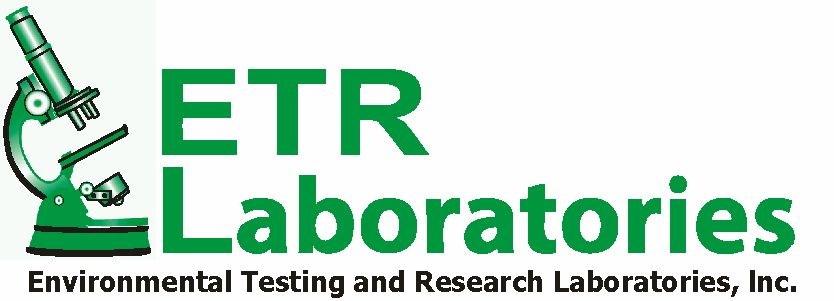
Environmental Testing & Research Laboratories, Inc
Environmental Testing & Research Laboratories, Inc
ETR Laboratories in an analytic laboratory with a broad range of commercial, industrial and individual clients. We provide analytic services using a wide variety of scientific methods including GC/MS, IC/MS, GIR, NMR and SEM equipment. We can do particle analysis, organic and inorganic chemical analysis and micro analysis on biological and other materials. Private water analysis is our specialty. Award winning. Additional DBA - Environmental Testing & Research Laboratories Inc, ETR Labs, ETR Laboratories.
"as advertised"
Nancy C on July 2018
ETR Laboratories in an analytic laboratory with a broad range of commercial, industrial and individual clients. We provide analytic services using a wide variety of scientific methods including GC/MS, IC/MS, GIR, NMR and SEM equipment. We can do particle analysis, organic and inorganic chemical analysis and micro analysis on biological and other materials. Private water analysis is our specialty. Award winning. Additional DBA - Environmental Testing & Research Laboratories Inc, ETR Labs, ETR Laboratories.
"as advertised"
Nancy C on July 2018
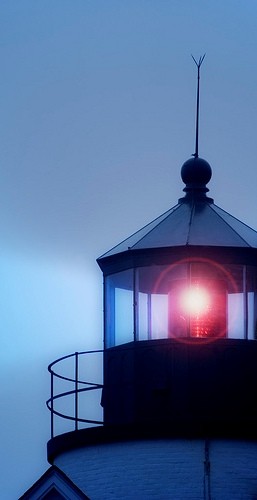
Seacoast Inspections LLC
Seacoast Inspections LLC
Licensed Home Inspector #698 MA, #107 NH ASHI Certified Inspector #247162, Certified Level II Building Science Thermographer #31162, EDR Certified, Certified WDI Registry Inspector #90113. No Fee guarantee!
Licensed Home Inspector #698 MA, #107 NH ASHI Certified Inspector #247162, Certified Level II Building Science Thermographer #31162, EDR Certified, Certified WDI Registry Inspector #90113. No Fee guarantee!
Seiple Home Inspection Inc
Seiple Home Inspection Inc
Residential and commercial building inspections. Additional address - PO Box 284, Woodstock, VT 05091.
Residential and commercial building inspections. Additional address - PO Box 284, Woodstock, VT 05091.
Ottauquechee Plumbing & Heating
Ottauquechee Plumbing & Heating
Plumbing & Heating
Plumbing & Heating
The Hartford, VT homeowners’ guide to radon detection and reduction services
From average costs to expert advice, get all the answers you need to get your job done.
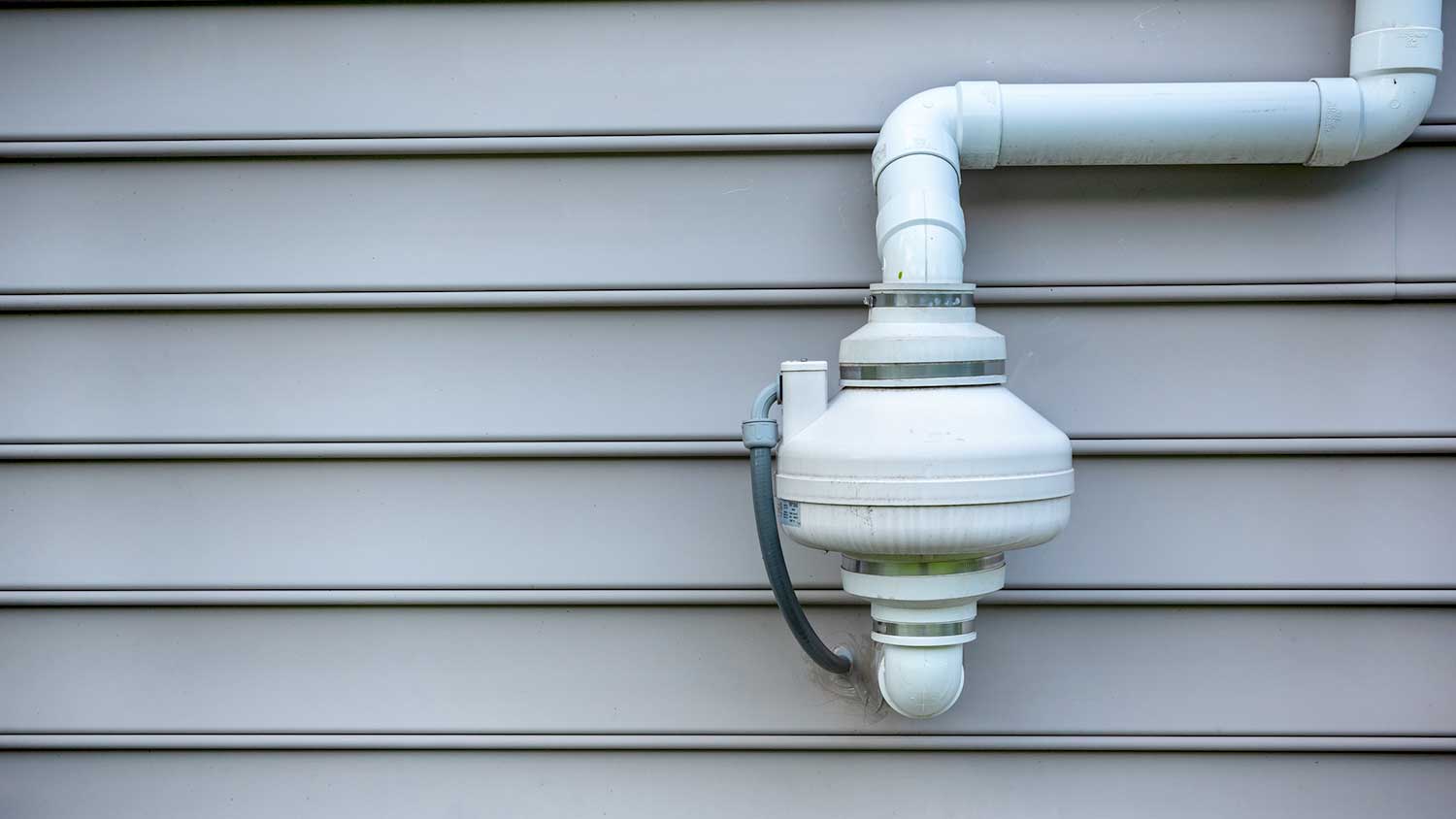
Get clear answers on how much radon remediation costs, including average prices, key cost factors, and tips to save money on your home’s radon mitigation.
 •
•Discover the average indoor air quality testing cost, what impacts pricing, and how to budget for healthier air in your home.
 •
•Find out what impacts radon testing costs, including average prices for DIY kits and professional services, so you can protect your home and budget confidently.

How long does a radon fan last? Depending on the quality of the fan, usage, and maintenance, a radon fan can last five to ten years.

Radon can seep into your home through cracks and small openings. Here's how to get rid of radon and why you need to do it.

The cost of a radon mitigation system depends mostly on the type of system being installed. Use this guide to learn about your options.
- White River Junction, VT Radon detection and reduction specialists
- Wilder, VT Radon detection and reduction specialists
- Norwich, VT Radon detection and reduction specialists
- Lebanon, NH Radon detection and reduction specialists
- Quechee, VT Radon detection and reduction specialists
- Hanover, NH Radon detection and reduction specialists
- Hartland, VT Radon detection and reduction specialists
- Etna, NH Radon detection and reduction specialists
- Pomfrett, VT Radon detection and reduction specialists
- Sharon, VT Radon detection and reduction specialists
- Cornish, NH Radon detection and reduction specialists
- Woodstock, VT Radon detection and reduction specialists
- Enfield, NH Radon detection and reduction specialists
- Lyme, NH Radon detection and reduction specialists
- Thetford, VT Radon detection and reduction specialists
- Windsor, VT Radon detection and reduction specialists
- Grantham, NH Radon detection and reduction specialists
- Brownsville, VT Radon detection and reduction specialists
- Barnard, VT Radon detection and reduction specialists
- Strafford, VT Radon detection and reduction specialists
- Bridgewater, VT Radon detection and reduction specialists
- Royalton, VT Radon detection and reduction specialists
- Canaan, NH Radon detection and reduction specialists
- Reading, VT Radon detection and reduction specialists
- Weathersfield, VT Radon detection and reduction specialists
- Vershire, VT Radon detection and reduction specialists
- Springfield, NH Radon detection and reduction specialists
- Tunbridge, VT Radon detection and reduction specialists
- Bethel, VT Radon detection and reduction specialists
- Grafton, NH Radon detection and reduction specialists
- 🌱 "Mow a small front yard"
- 🛠 "Fix a leaking pipe under the sink"
- 🏠 "Repair shingles on an asphalt roof"

